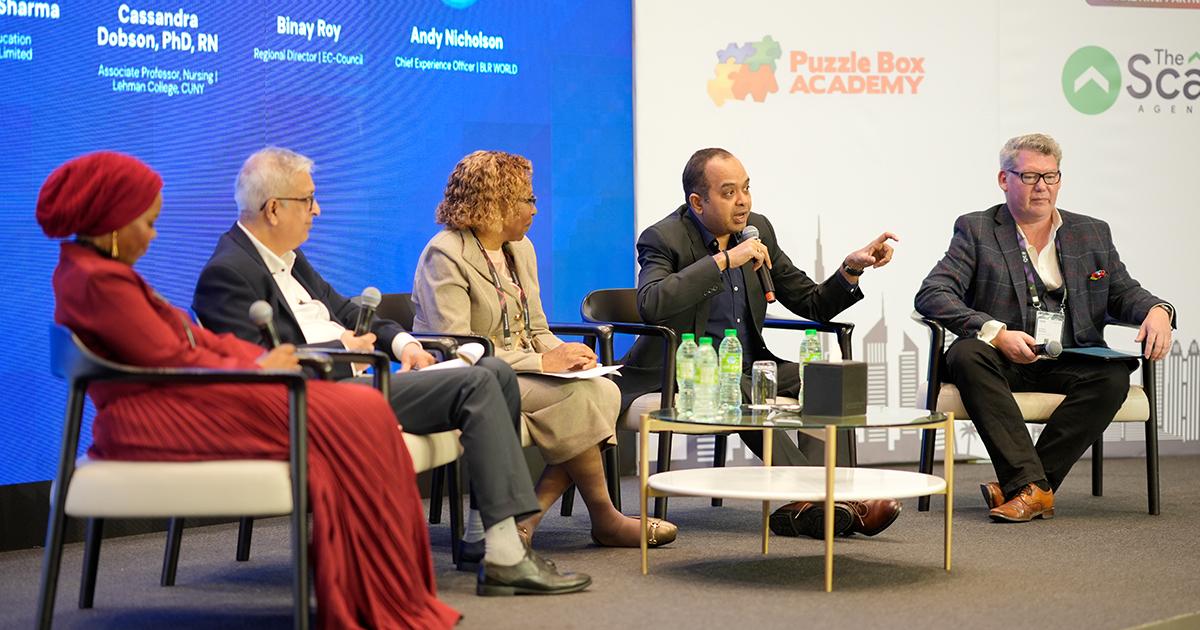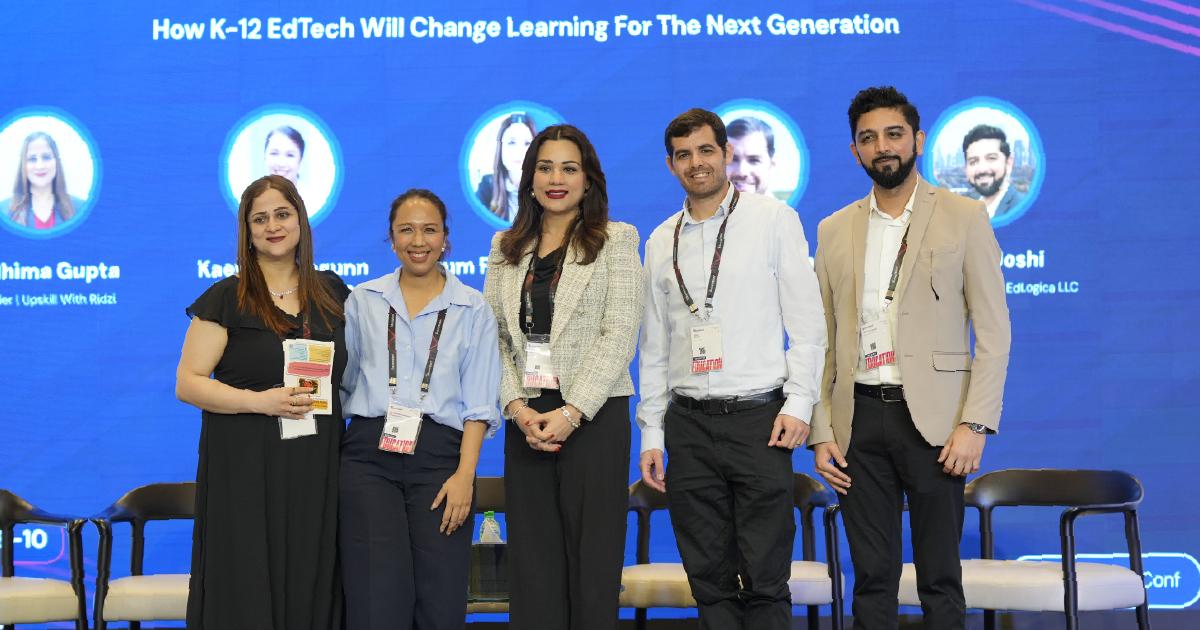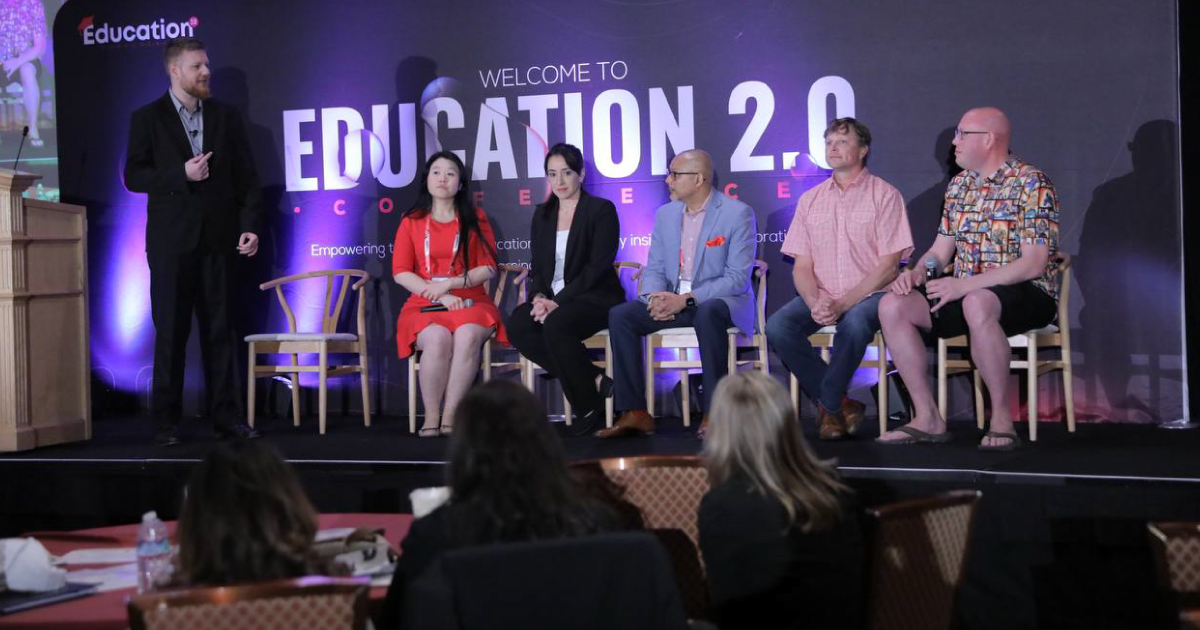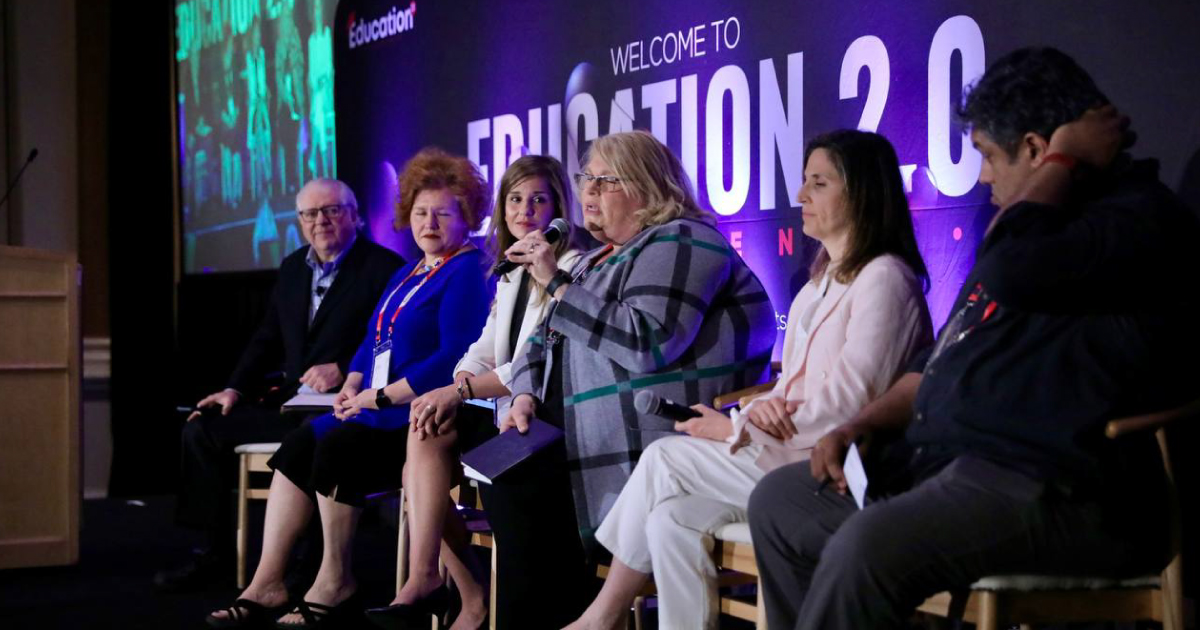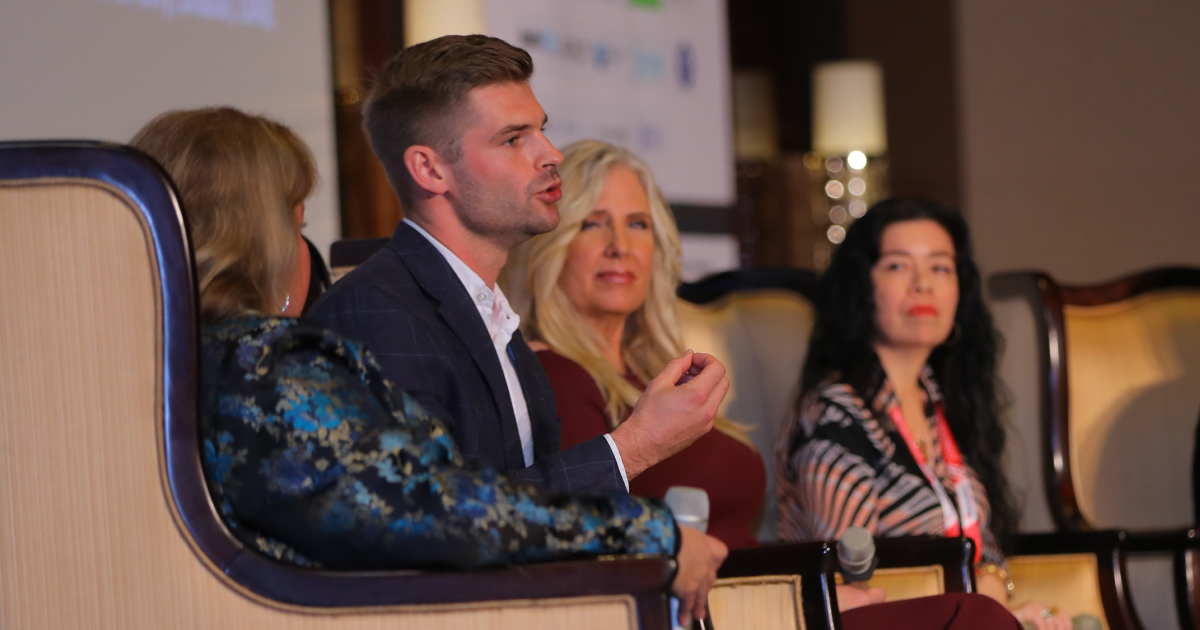
How To Spark Curiosity In Young Learners?
Posted on : November 09, 2021

Children are born inquisitive and all-ready to explore the world around them. However, to ensure that it doesn’t fade away, parents and educators must encourage them at every step. In educational institutions, it is the responsibility of educators to nurture this curious bent of mind, to help them grow in the right direction, and assist them in their never-ending quest for answers! But as talked about at top education conferences in Dubai, this is not an easy task. Through this blog, we will underline a few strategies for educators so that they can encourage natural curiosity in young learners:
Appreciate curiosity
If you want children to repeat desired behavior, it is important to reward them. Leave your students with words of praise or a pat on the back when they ask questions. Here, it is important to highlight and value their discoveries and inquisitiveness irrespective of their academic performance.
Make them better questioners
Offer them a safe space where they can ask questions without the fear of being judged. Hold forums where students get to ask open-ended questions to which there isn’t just a yes/no answer. In addition to this, you can even walk the extra mile and assign homework which involves asking questions based on which you can hold debates in the classroom!
Encourage them to think like a scientist!
Scientists don’t accept nuggets of information at face value. Instead, they look at every piece of information critically and only embrace something as a fact when there is ample evidence to prove the same. If this skill is cultivated at a young age, it can help students develop critical thinking and decision-making skills quickly. It encourages them to think for themselves and also be open to new perspectives, opinions, and ideas. Ultimately, they never take anything for granted and love quenching their curiosity by fiddling with new questions!
Be curious yourself
To ensure that your students enjoy exploring and playing around with new ideas, don’t forget to be curious yourself! Children look up to their teachers for cues on how to behave and interact with others. They also consider adults around them as their role models and copy their behaviors. Therefore, acknowledge that you are a learner just like them and that you are also on a journey to understand the world better. This helps them to understand that everyone doesn’t have the answer to everything but one can always build on the knowledge they have by being open to new experiences.
By adopting these strategies, educators will be able to ignite the curiosity of young learners in the classroom, regardless of whether it is online or offline! For more tips on how you can play a role in the personal development of your students, register for upcoming education events in Dubai and Las Vegas, such as the Education 2.0 Conference. By bringing some of the best minds in education under one roof, the three-day event will take a deep dive into the pedagogical approaches that can help improve student outcomes in this rapidly changing learning environment.

